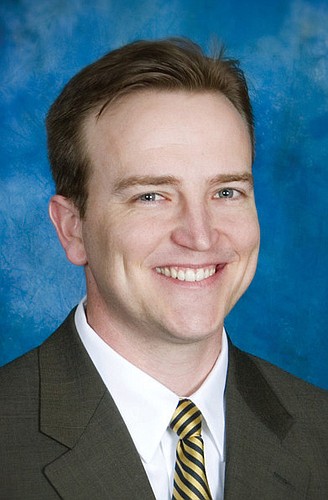- November 22, 2024
-
-
Loading

Loading

The 2012 Legislative Session was very busy with regards to community association legislation. The ultimate fate of many of the community association bills that were filed by various legislators was not known until the last day of session. Unfortunately, the vast majority of these bills were not passed, and community associations, still struggling with the economic meltdown and foreclosure crisis, will have to wait another year for legislative relief. Readers who live within community associations are encouraged to be involved in the legislative process and to share their concerns with the members of their legislative delegation to help promote beneficial change.
This article will focus on the most noteworthy community association bills addressed during the recent Legislative Session.
HB 319/SB 680- Relating to Residential Properties [DID NOT PASS]: This was the most significant community association bill considered by the Legislature. House Bill 319 / Senate Bill 680 ultimately did not pass, however. Among other things, the bill would have:
(1) postponed costly elevator upgrades;
(2) imposed a deadline for election and recall challenges;
(3) removed the requirement for a member vote in order for condominium board members to serve two-year terms; and
(4) clarified the amounts paid by persons (banks and third party purchasers) when taking title to a foreclosed unit.
This bill would have discouraged prolonged foreclosure-related litigation by clarifying the rights of community associations to recover collection-related fees. Although the bill passed with 114 “yea” votes and only one “nay” vote in the House of Representatives, the Senate failed to consider the bill and it did not pass. You can expect that a similar bill will be considered during the 2013 Legislative Session.
HB 213/SB 1890- Relating to Mortgage Foreclosures [DID NOT PASS]: The Legislature also failed to approve House Bill 213 / Senate Bill 1890, which would have given community associations the right to proactively move stalled mortgage foreclosure cases along by using an expedited order to show cause procedure. Additionally, the bill would have:
(1) reduced the statute of limitations for an action to enforce a deficiency judgment from five years to one year;
(2) specified the required contents of a foreclosure complaint;
(3) expanded the class of persons authorized to move for expedited foreclosure to include any lienholder (including condominium associations and homeowners associations); and
(4) established an expedited foreclosure proceeding for abandoned residential real property.
This bill also passed the House by large margins, but ultimately was not considered in the Senate.
HB 1013- Relating to Residential Construction Warranties [PASSED, Effective Date: July 1, 2012]: This bill was controversial and impacts community associations by eliminating the implied warranties in common areas such as roadways, underground pipes and utilities. Common law warranties mean that common areas are fit for their intended purpose. This bill will have a negative impact on the rights that community associations, especially homeowners associations, have to address certain defects contained within the roadways, underground pipes, and utilities of the community. Despite strong lobbying efforts against the bill, House Bill 1013 passed by fairly large margins in both the House and Senate.
HB 13- Relating to Submerged Lands [PASSED, Effective Date: July 1, 2012]: House Bill 13 impacts residential waterfront landowners who wish to build docks on sovereign lands. The law applies to condominium-limited common element boat slips and eliminates the sales tax in certain transactions as long as the unit to which the boat slip is appurtenant is homestead property.
David G. Muller is a shareholder with the law firm of Becker & Poliakoff, P.A. in Lakewood Ranch and concentrates his legal practice on the law of community associations, primarily representing condominium, cooperative, mobile home and homeowners associations.